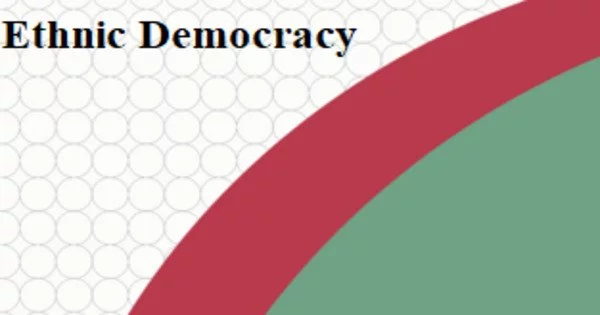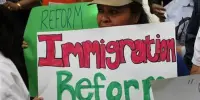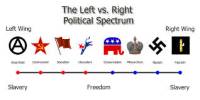Ethnic democracy is a political system that combines institutionalised ethnic supremacy with universal democratic, political, and civil rights. It is a type of government or political system in which a country’s policies and institutions favour one ethnic group over another, frequently resulting in preferential treatment, privileges, and benefits for the dominant ethnic group. Both the dominant and minority ethnic groups enjoy citizenship and can participate actively in the political process. The unequal allocation of power, resources, and opportunities along ethnic lines characterises this sort of system.
Ethnic democracy differs from ethnocracy in that it contains more strictly democratic characteristics. It purportedly gives non-core groups with more political engagement, influence, and status advancement than ethnocracy. An ethnic democracy is also not a Herrenvolk democracy, which is a democracy that is formally limited to the core ethnic nation exclusively.
In an ethnic democracy, the main ethnic group often wields enormous political and economic power, and its interests and culture are frequently inscribed in the country’s constitution and laws. As a result, minority ethnic groups may face marginalisation and discrimination, leading to social tensions and violence.
Characteristics of an ethnic democracy may include:
- Ethnic-based laws and policies: Legal frameworks that explicitly or implicitly favor the dominant ethnic group in areas such as citizenship, land ownership, language, and cultural practices.
- Ethnic identity as a defining factor: The state often emphasizes the dominant ethnic group’s identity and cultural heritage as a core element of national identity, marginalizing or suppressing other ethnic identities.
- Unequal representation: Minority ethnic groups may face obstacles in accessing political representation and may be underrepresented in government institutions.
- Limited civil liberties: Freedom of speech, assembly, and association may be restricted for minority groups, and they may face discrimination in accessing education, employment, and other opportunities.
- Segregated communities: Residential segregation might occur, with different ethnic groups living in separate areas, leading to social division and isolation.
Professor Juan José Linz of Yale University coined the phrase “ethnic democracy” in 1975, and University of Haifa sociologist Professor Sammy Smooha used it in a book released in 1989 as a universalised model of the Israeli instance. In the following decades, the model was widely applied: in 1993 for a comparison of numerous nations, in 1997 for a comparison of Israel and Northern Ireland, in 1996 for Estonia and Latvia, and in 2000 for Slovakia.
Critics of ethnic democracy contend that it can prolong inequity, damage social cohesiveness, and impede the formation of a truly inclusive and heterogeneous society. It can lead to inter-ethnic violence and conflict in extreme circumstances.
















